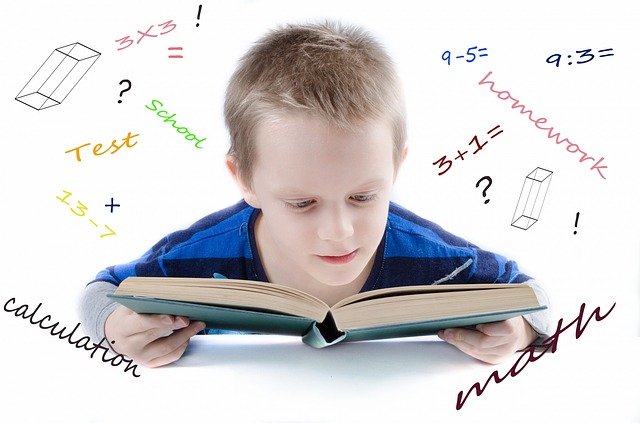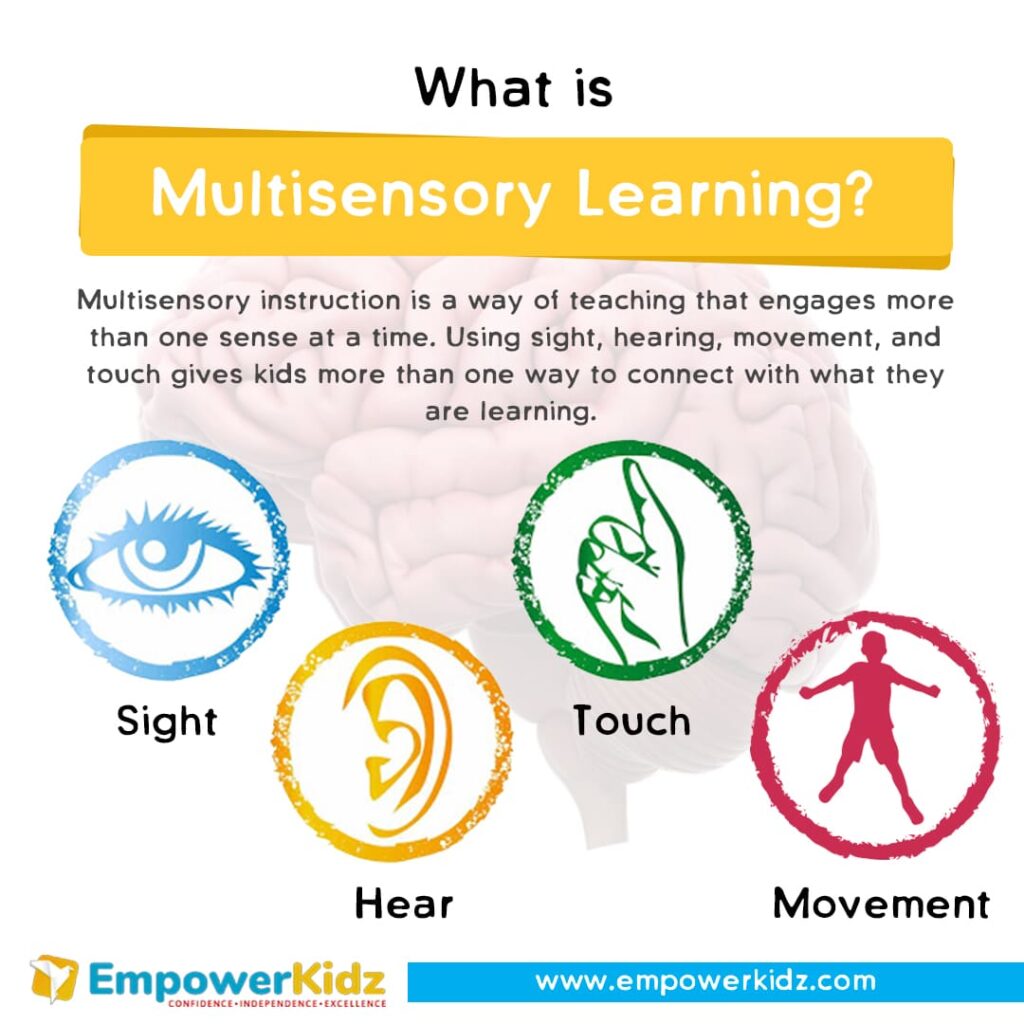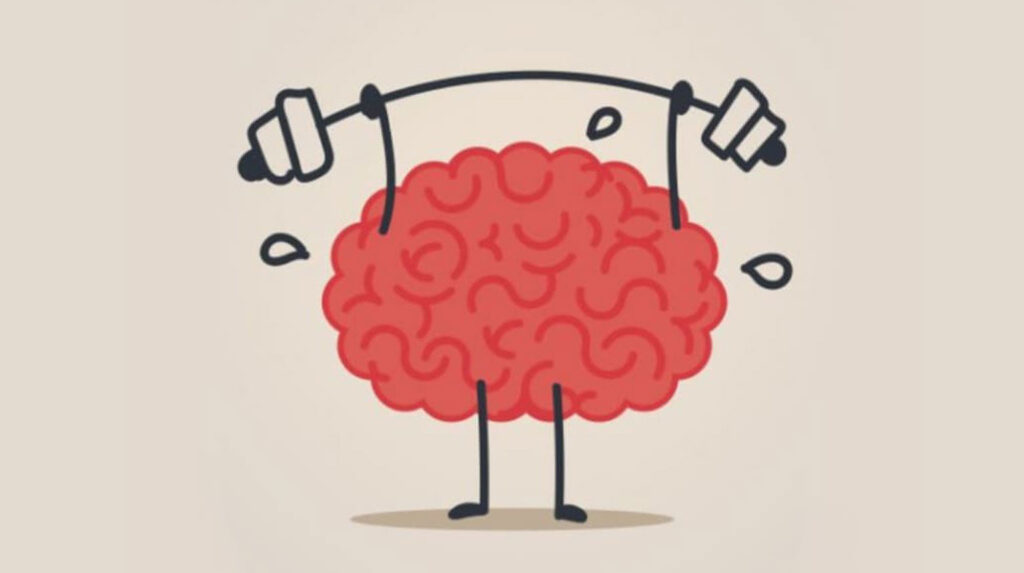BLOGS
Summer Time activities for Children
As a mother of two, I realize summer is a challenging time for parents and planning for the summer activities for kids can be overwhelming. The last two years of COVID limited the traditional summertime activities such as sleepovers, visiting the library, setting up a lemonade stand, visiting a children’s museum, swimming at the community […]
READ MOREWhat is SOI-IPP? How Children learn in School?
How do children learn in school? Learning is dependent on more than just the teacher and the curriculum, but the student and his or her ability to learn. Through this blog, I want to talk about the SOI-IPP program, that I have been using in my practice for over 10 years. SOI-IPP […]
READ MOREHow to spot Dyscalculia?
How to spot Dyscalculia? Learning Disability Symptoms Let’s be real, Math is a difficult subject for many students but with regular practice, some students get the hang of it. However, what happens when even practicing math can’t help a child grasp the concept of math? What do we call this learning difficulty? We […]
READ MOREMath Anxiety v/s Dyscalculia.
Math anxiety v/s Dyscalculia Learning Disabilities Types Let’s be honest, math is hard for many students. But for others, it can be more than just difficult. As students begin to learn math in school, they are often overwhelmed and nervous about the subject, especially during their first math exam, but after they have learned […]
READ MORE5 Tips For Developing Student’s Executive Functioning Skills
Perceptual-Motor skills Motor Skill Development Perceptual motor skills are movement skills that are vital to the development, learning and growth of children. It is the ability of a child to use their senses and their motor skills in conjunction with their environment to interact with it. For example, In order for a baby […]
READ MOREDoes Dyslexia and Dyscalculia Co-exist?
Does dyslexia and dyscalculia co-exist? Treatment For Dyscalculia and dyslexia. Before we get into the nitty gritty of finding out whether Dyslexia and Dyscalculia co- exist, let’s brief up on what Dyslexia and Dyscalculia really are. Dyslexia is formally known as a learning disorder that affects a child’s ability to read, write, speak and […]
READ MOREWhat are executive functioning skills?
What are executive functioning skills? Some of us may have heard of the term “Executive functioning skills” floating around on blogs or other forums which is often associated with learning disabilities like ADHD, or sometimes applied to any learning difficulty. Whatever the context may be, it may have raised certain questions in our mind […]
READ MOREPerceptual Motor Skills
Perceptual motor skills are movement skills that are vital to the development, learning and growth of children. It is the ability of a child to use their senses and their motor skills in conjunction with their environment to interact with it. For example, In order for a baby to crawl, push objects, and eventually walk; […]
READ MOREHow to Improve Reading Skills?
Improve Reading Skills How to Improve Reading Skills? Reading is an essential part of any child’s development on an emotional and intellectual level. By learning new words, a child will improve his/her language association skills, as well as improve their fundamentals of the language. If you are worried about your child’s reading ability, […]
READ MORETypes of Reading Difficulties
Types of Dyslexia There are many children who have certain types of reading difficulties. These difficulties stem from those with reading disabilities such as dyslexia or learning disabilities or those who simply lag behind and could use some focused reading assistance. Children with reading difficulties can severely impair their academic performance and, if it […]
READ MOREMyth & Facts of Learning Disability
Learning Disability Here are some common myths that we can fact check: Myth 1: Learning disabilities usually occur in children with low intelligence or aptitude. The statement is incorrect. Children with learning disabilities typically have a high IQ level. The learning disabilities are only visible in children with average or above-average intelligence. Nevertheless, […]
READ MOREMyth & Facts of ADHD
Neuroimaging(Brain Imaging) Here are some common myths & Facts of ADHD: ADHD myth #1: It’s not a real medical condition. There is growing scientific evidence that ADHD or attention deficit hyperactivity disorder is a legitimate diagnosis, including that of the National Institutes of Health and the U.S. Department of Education. The Diagnostic […]
READ MOREHow To Increase Memory Skill (Working Memory)?
How to Boost Memory Power How To Increase Memory Skill (Working Memory)? We may have heard teachers say, or as parents, we may have said to our children, “We just studied that paragraph yesterday!” “How many times do I have to say it?” or “Could you please concentrate?” These are just some of the phrases […]
READ MOREFast Forword: 1-2 Years Reading Gains In 40-60 Hours
Early Childhood Education Reading With the Fast ForWord Program, a child can gain 1-2 years worth of reading skills within 40-60 hours. Research over the past 30 years shows that specific learning disability and Auditory Processing Disorder is the cause of most reading problems. Reading is not something innate in the brain, but rather a […]
READ MOREWhat are Executive Functioning Skills?
Some of us may have heard of the term “Executive functioning skills” floating around on blogs or other forums which is often associated with learning disabilities like ADHD, or sometimes applied to any learning difficulty. Whatever the context may be, it may have raised certain questions in our mind like “what are Executive functioning skills?” […]
READ MOREBenefits of Fast Forword for Children with Hearing Impairment.
Children with hearing impairments often experience a delay in language acquisition and reading, typically because their experience with spoken language and other forms of auditory input is limited. When the brain is unable to process sounds, it is hard for it to tell the difference between words, such as rock, rocks, and rocked. The majority […]
READ MOREFast Forword Reading Program: Recognising Auditory Processing Disorder.
The ability to process information quickly is key to becoming a proficient reader. Despite reading being considered a visual activity, it relies heavily on an individual’s oral language skills. So most people may not realize how important auditory processing is to reading skills. Here is some information about the correlation between sound and reading; read […]
READ MOREFast Forword Reading Program: Supporting Our Children To Reading Success.
Frequently, parents of children with specific learning disabilities ask how they can support their childrens at home.Typically, infants or toddlers can understand what their parents are saying much before they can speak. As they get older and their communication skills develop, they learn how to articulate their feelings. But for children, that may not be […]
READ MOREHow To Improve Memory Power (Working Memory)?
We may have heard teachers say, or as parents, we may have said to our children, “We just studied that paragraph yesterday!” “How many times do I have to say it?” or “Could you please concentrate?” These are just some of the phrases we use when we or the teacher are frustrated with our child’s […]
READ MOREWorking Memory Examples: Types of Working Memory.
We’ve all heard the terms ‘Long term memory,’ which refers to a large storage of information and a record of past events, and ‘Short term memory,’ which refers to the ability to store small amounts of information and keep it readily available for a short period of time. But are we familiar with the term […]
READ MOREFun Facts About the Brain – Five Fascinating Things You Didn’t Know About Brain Development
The brain is definitely a fascinating part of our body’s central nervous system as it holds quite a lot of mysterious and complex functions. Like a computer, it is always changing and making new connections. From birth to the age of five, a child’s brain develops more than any other point in their life. Although […]
READ MORECaring for Children with Learning Disability – Four Ways to Improve the Life of a Child with a Learning Disability
Caring for Children with Disability – Every child needs love, encouragement and support, especially children who have learning disabilities. We may find it challenging to really figure out what appropriate steps we can take at home to improve our children’s self-worth and confidence. Firstly, we must consult a specialist that can really guide us through […]
READ MORESteps in Improving Schooling – Six Simple Steps at Home that can give a child an Advantage at School.
It can be daunting for parents of children with learning problems to try to help their children learn even the most basic skills. It’s natural for parents to feel driven to entrust their child’s education to professionals who have spent countless hours learning the specifics of their child’s disabilities. We must remember that as parents, […]
READ MORETreatment of Dyslexia – What is the Orton-Gillingham Approach?
Orton- Gillingham is a teaching approach used by a well-trained and experienced instructor to help struggling readers by taking a direct, explicit, multisensory, structured, sequential, diagnostic and prescriptive way in helping individuals with reading, writing and spelling. Professionals use visual and auditory tactics as well as some methods that involve movement and touch. With this […]
READ MOREWhat are the causes of Dyslexia?
Dyslexia is a learning disability characterised by difficulties in recognising spoken sounds and learning how they relate to letters and words (decoding). Dyslexia, often known as reading difficulty, affects the parts of the brain that processes languages. Dyslexic children frequently have normal vision and are just as intelligent as their peers. However, they have more […]
READ MOREDyslexia Screening Tests – Is Your Child Dyslexic?
Dyslexia Screening Tests – How can you know if a child’s challenges with spelling, reading, writing, or numeracy could be signs of dyslexia? First let us know what Dyslexia is? Dyslexia is a learning disorder that impairs a person’s speech and written language, making it difficult for them to understand and read words and numbers. […]
READ MOREIs Dyslexia Genetic – Dyslexia in Adults
Dyslexia is a common learning disability that makes it difficult to understand and master the ability to skillfully read and use verbal language. Dyslexia is a neurological condition that is inherited. This means that a child can inherit this condition from a parent, and it can impair their neurological system’s performance. So, Is Dyslexia Genetic? […]
READ MOREDyslexia Awareness Month – Are we Really Aware of Dyslexia?
Dyslexia Awareness Month 2021 – Despite the fact that most of us have heard of or are familiar with dyslexia, there are numerous misconceptions about it. This is why it’s critical to spread the word about it! What exactly is Dyslexia? Dyslexia is a type of learning disability characterised by difficulty in reading which results […]
READ MORE2411, Old Crow Canyon Road, Suites 105 & 120, San Ramon, CA 94583, USA
anupma@empowerkidz.com
+1 (669) 900-2315
© Copyright 2021 EmpowerKidz
Designed & Developed by Congruence Digital












































